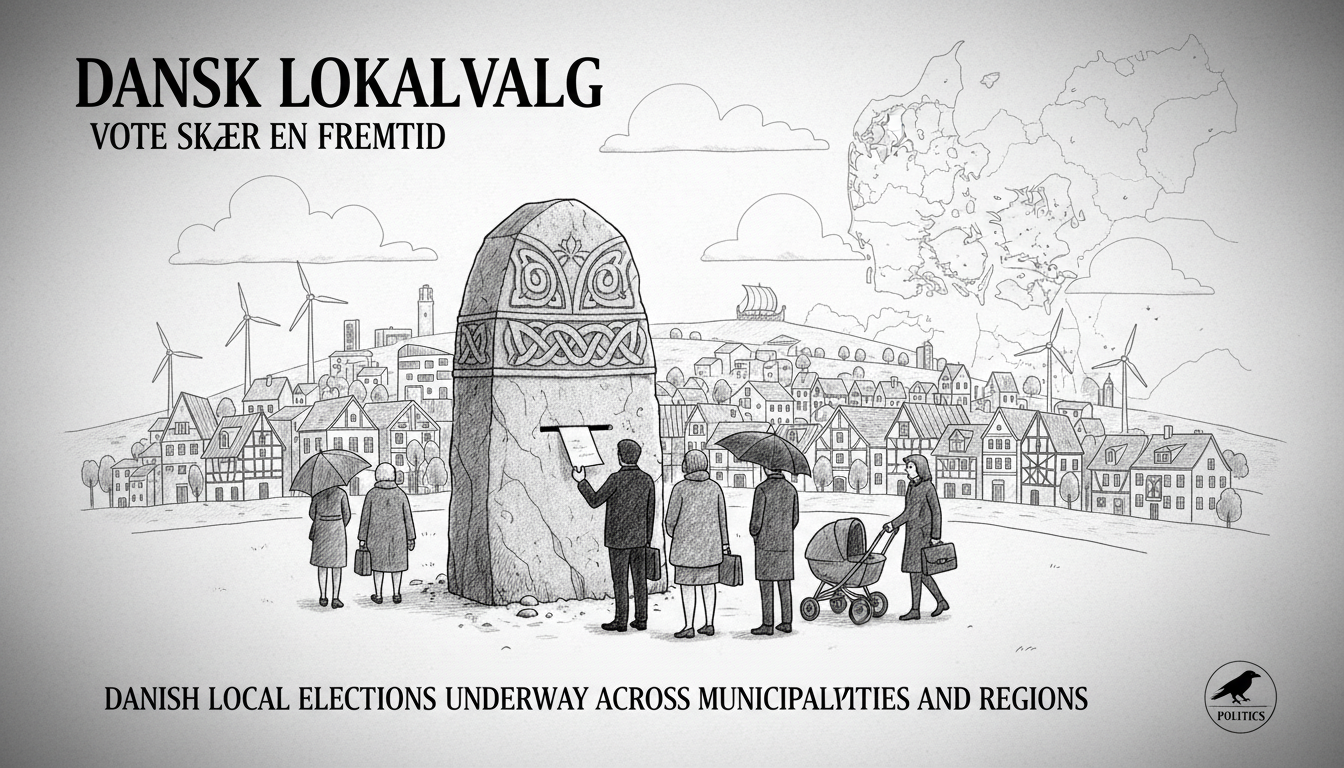Danish citizens head to the polls today for crucial local elections. Voters will select representatives for municipal councils and regional administrations nationwide. These elections occur every four years and directly impact daily life across Denmark.
Local governments manage essential services like schools, elderly care, and public transportation. Regional authorities oversee hospitals and regional development. Today's outcomes will determine policy directions for these critical areas.
Why do these local elections matter for international observers? Denmark's decentralized system gives substantial power to municipalities. Local councils control nearly half of all public spending. Their decisions affect everything from school quality to climate initiatives.
The current elections feature several key issues dominating debates. Housing shortages challenge many urban areas. Climate adaptation measures spark discussions nationwide. Healthcare accessibility remains a regional priority.
International residents should note specific voting rules. EU citizens can vote in municipal elections after six months residence. Non-EU citizens gain voting rights after four years continuous residence. These rules demonstrate Denmark's inclusive approach to local democracy.
What makes Danish local elections distinctive? Voters receive two ballots simultaneously. They choose municipal council members and regional council representatives. This dual system creates interesting political dynamics across the country's 98 municipalities.
Recent trends show increasing focus on local issues over national politics. Voters often prioritize practical community concerns. They consider school quality, elderly care standards, and local infrastructure projects. This practical approach characterizes Danish local democracy.
Election results will emerge throughout the evening. Counting begins immediately after polls close at 8 PM local time. Preliminary results typically become clear by midnight. Final results confirm over following days.
These elections serve as important political indicators. They often predict shifting voter sentiments before national elections. Political analysts watch them closely for emerging trends. Today's outcomes could signal changing political landscapes.
Local governments face significant challenges ahead. Demographic changes require adapted services. Climate commitments demand concrete actions. Economic pressures test budgetary constraints. Newly elected officials must address these complex issues immediately.
The elections represent democratic engagement at its most immediate level. Voters choose representatives who make decisions affecting their daily lives directly. This connection between ballot boxes and local services remains remarkably strong in Denmark.

